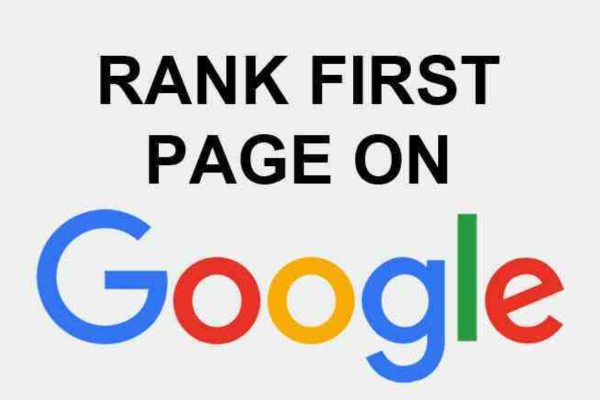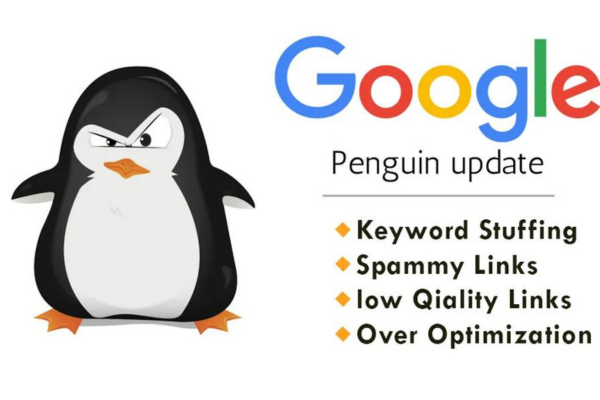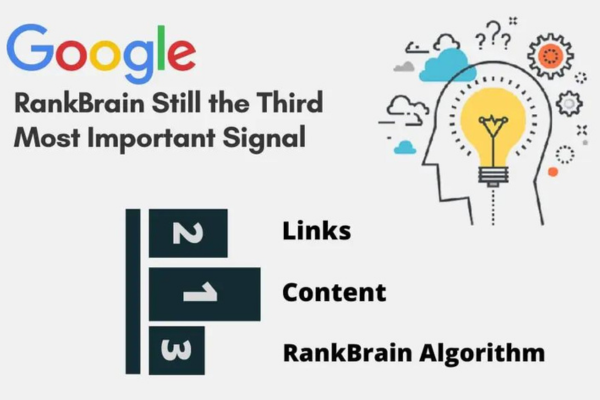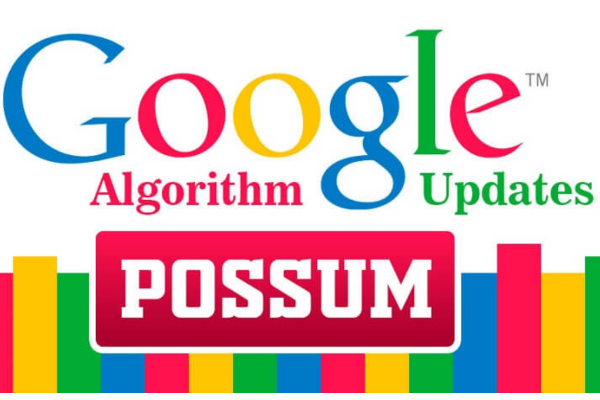Mastering Google’s Algorithms: A Comprehensive Guide to SEO Success

Google's algorithms are the secret source behind the world's most popular search engine, determining how web pages rank and display in search results. These algorithms are complex, constantly evolving, and crucial for anyone involved in digital marketing, SEO, or website development. In this blog, we'll dive deep into the major Google algorithms, their functions, and how they impact search results.
What Are Google Algorithms?
Google's algorithms are sets of rules and processes that Google uses to rank websites on its search engine results pages (SERPs). These algorithms analyze various factors to determine the relevance, quality, and authority of web pages. The primary goal is to provide users with the most relevant and useful results for their queries.
Key Google's Algorithms and Updates
1. PageRank

PageRank is the foundational algorithm that Google was built upon. Developed by Larry Page and Sergey Brin in the late 1990s, PageRank assesses the importance of web pages based on the quantity and quality of links pointing to them. Pages with higher-quality backlinks are considered more authoritative and are thus ranked higher in search results.
2. Panda

Google Panda, launched in 2011, focuses on content quality. It aims to lower the rank of low-quality sites and promote high-quality content. Panda evaluates factors such as content originality, relevance, and the presence of excessive ads. Websites with thin or duplicated content are often penalized by Panda.
3. Penguin

Google Penguin, introduced in 2012, targets websites that engage in manipulative link practices to boost their rankings. It focuses on link quality rather than quantity. Penguin penalizes sites with unnatural or spammy backlinks and rewards those with a natural and diverse backlink profile.
4. Hummingbird

Google Hummingbird, released in 2013, is designed better to understand the context and intent behind user queries. It emphasizes semantic search and natural language processing, allowing Google to provide more accurate and relevant results. Hummingbird helps Google interpret long-tail queries and conversational searches more effectively.
5. Pigeon

Google Pigeon, launched in 2014, improved local search results. It refined how Google interprets location-based queries, giving higher relevance to local listings. Pigeon enhances the search experience for users looking for local businesses, products, or services.
6. Mobile-Friendly Update (Mobilegeddon)

The Mobile-Friendly Update of 2015, also known as Mobilegeddon, prioritizes websites that are optimized for mobile devices. With the increasing use of smartphones for internet browsing, Google made mobile-friendliness a key ranking factor. Sites that are not mobile-responsive may see a drop in their search rankings.
7. RankBrain

Google RankBrain, introduced in 2015, is an artificial intelligence (AI) component of Google’s search algorithm. It helps process and understand search queries more effectively, particularly ambiguous or unique ones. RankBrain uses machine learning to continuously improve search result accuracy based on user behavior and feedback.
8. Possum

Google Possum, an update from 2016, further refined local search results. It aimed to diversify local SERPs by filtering out duplicate listings and improving the accuracy of location-based searches. Possum ensures that businesses close to the searcher's location are more prominently featured.
9. Fred

Google Fred, a 2017 update, targets websites that violate Google’s webmaster guidelines. It primarily focuses on sites with low-quality content that is excessively monetized. Fred penalizes sites that prioritize ad revenue over user experience, promoting those with valuable and user-focused content.
10. BERT

Google BERT (Bidirectional Encoder Representations from Transformers), launched in 2019, is a deep learning algorithm related to natural language processing. BERT helps Google understand the context of words in search queries, improving its ability to interpret complex and conversational searches. This results in more accurate and contextually relevant search results.
How These Algorithms Impact SEO
Understanding Google’s algorithms is essential for effective SEO strategies. Here’s how they impact different aspects of SEO:

1. Content Quality: Algorithms like Panda and Fred emphasize the importance of high-quality, original content. Websites should focus on providing valuable information that meets user intent and avoids thin or duplicated content.
2. Backlink Profile: Penguin underscores the need for a natural and diverse backlink profile. Avoid manipulative link-building practices and focus on earning backlinks from reputable and relevant sources.
3. Mobile Optimization: With the Mobile-Friendly Update, ensuring your site is mobile-responsive is crucial. A mobile-friendly design not only improves user experience but also boosts your rankings.
4. Local SEO: Updates like Pigeon and Possum highlight the importance of local SEO. Optimize your Google My Business listing, ensure NAP (Name, Address, Phone number) consistency, and gather positive reviews to enhance local search visibility.
5. User Experience: RankBrain and BERT place significant emphasis on user experience and query relevance. Optimize for user intent, improve page load speed, and ensure easy navigation to keep users engaged.
Staying Updated with Google Algorithms
Google’s algorithms are constantly evolving, with regular updates to improve search accuracy and user experience. Here are some tips to stay updated:
Follow Industry News: Regularly check SEO blogs, forums, and Google’s official webmaster blog for the latest updates and insights.
Use Webmaster Tools: Utilize Google Search Console to monitor your website’s performance and identify any issues.
Analyze Traffic Patterns: Keep an eye on your website’s analytics to spot any sudden changes in traffic, which might indicate an algorithm update.
Adapt Quickly: Be prepared to adapt your SEO strategies in response to algorithm changes. Flexibility and responsiveness are key to maintaining and improving your search rankings.
Conclusion
Google’s algorithms are intricate and ever-changing, but understanding their core principles can significantly enhance your SEO efforts. By focusing on high-quality content, a natural backlink profile, mobile optimization, local SEO, and user experience, you can align your website with Google’s ranking criteria. Stay informed and adaptable to ensure your site continues to perform well in search results, delivering valuable content to users while achieving your digital marketing goals.
